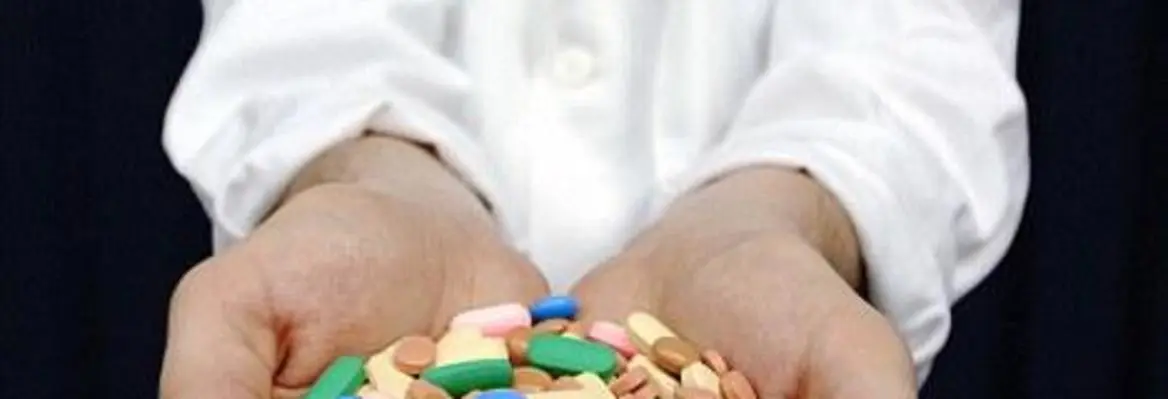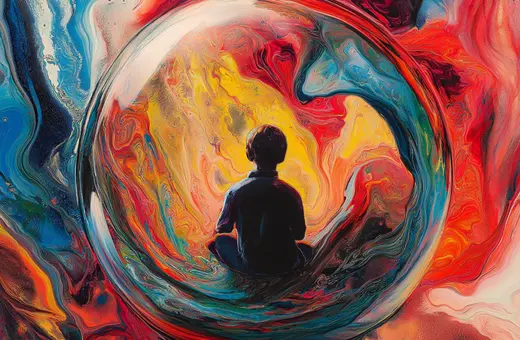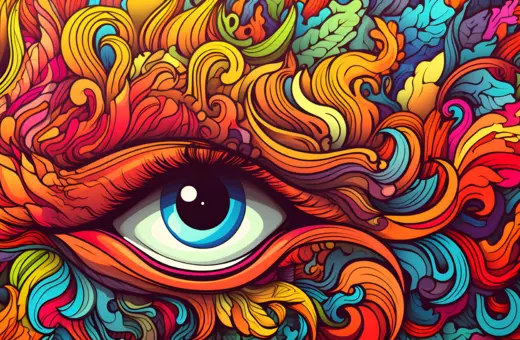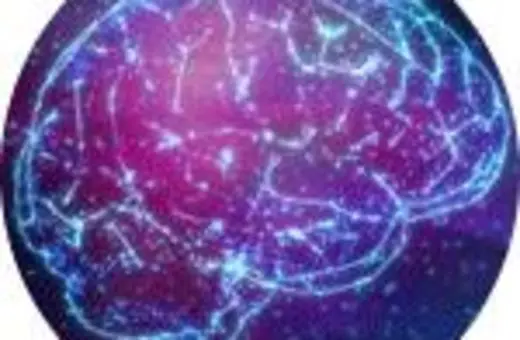If ever there were a case for an outside body to let the light in, then it’s here, today, in psychiatry. If today’s psychiatry is working, why are claims for mental disability going up? Why is there accumulating evidence that sufferers do better OFF the medication than on? Why is not more attention paid to the solid Swedish epidemiological evidence that ‘anti-psychotic’ drugs increase the risk of dementia up to 20-fold? All that known drug-induced brain damage has to show up somewhere. Why is increased suicide listed in the side-effects of the ‘anti-depressants’? And worst of all, why are so many drugs being given compulsorily, overriding the patient’s sensibly withheld consent – the iniquitous Community Treatment Orders (CTOs)? Even this has been shown not to work.
The answer is that it is the psychiatrists who are addicted to hard medications. It’s a case of “I’ve made up my mind, don’t confuse me with facts”. The facts are overwhelming. On 30th April 2014, I attended the launch in the House of Lords of the Council for Evidence-Based Psychiatry – why is such an organisation so urgently needed? Because, in Dr Joanna MonCrieff’s words, in her book aptly titled The Myth Of The Chemical Cure:
The persistence of the dopamine hypothesis and its recent resurgence in popularity are testimony therefore not to the state of the evidence but more to the need of the psychiatric profession to have medical models of the disorders it is confronted by, particularly ones that provide a medical justification for its treatment.
Clinical psychologist Richard Bentall knows there’s a clear link between childhood trauma and psychoses. In my work, I focus on convincing the individual that this trauma is now over, and they blossom. And we are talking about the most severe forms, the 3% of severe psychoses, severe depressions, severe bi-polar. In every case, if you look for it, you find severe trauma. Contrary to DSM III, IV and V (the standard classification system used by mental health professionals in the US) severe psychiatric disorders are all reactive – they result from overwhelming trauma in susceptible individuals.
Let me give you a taste. I have a 38 year old whose thought disorder was crippling. She couldn’t finish a sentence straight. Then, out of the blue, she says “mum is alive” – we both knew that mum had died 30 years before. She simply couldn’t say “mum is dead”, even though she knew it was true. Her face contorted, her thinking went down the tubes. The fact that she could say the first proved that all her neurology was intact, but her emotions were not. Gently persuading her that the second was true, and that she would be all right, has evaporated her psychotic symptoms.
Andy is 45. He writes “mum is dead, but I don’t know this yet”. This is bonkers, and Andy knows it. Gently I’m persuading him, with support, that he too can survive without parents – something that was impossible aged two. This has nothing to do with dopamine, and all to do with a human reaction to overwhelming trauma. How long before my psychiatric colleagues wake up? And how much more damage, especially to human rights, must we endure before they do?
Dr Bob Johnson is currently working on a book about “Antropy”, a kind of anti-entropy present only in living beings and essential to the biosphere.





















Join the conversation